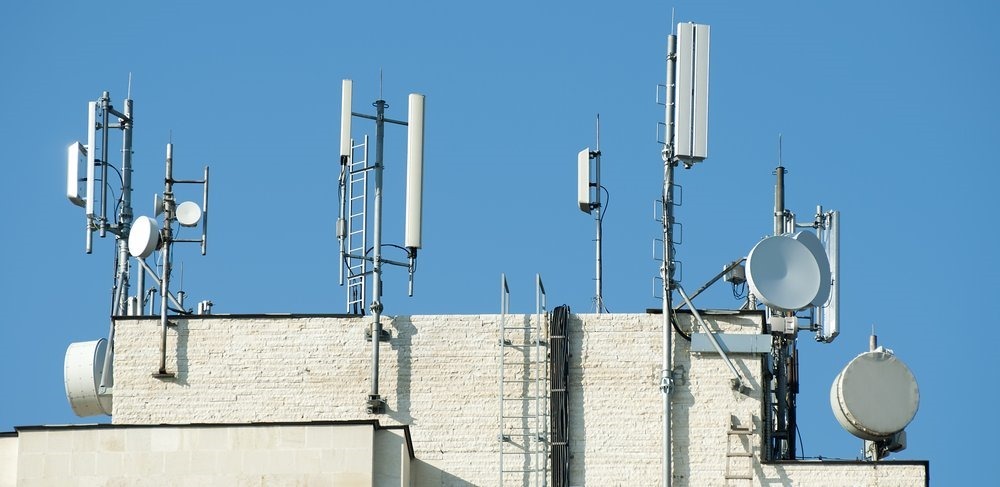Telecom Commission Gives Green Signal To Virtual Network Operators In India

The Telecom Commission of India has recently given the green signal to the long pending issue involving the recommendations of Telecom Regulatory Authority of India (TRAI) about Mobile Virtual Network Operators (MVNOs).
What Are MVNOs?
As the name suggests, MVNOs are a kind of network operators which are virtual in nature. It means that they don’t possess the airwaves for providing the telecom services on their own, but provide voice and data services after buying them at a wholesale rate from existing telecom operators.
What’s In The Offing?
VNOs (Virtual Network Operators) indirectly sell the services of their partner telecom operators under their own brand to the subscribers. This is a win-win situations for both the parties.
Telecom operators find new form of customers (in the form of MVNOs) for their services, while MVNOs provide high-value services (by combining various packs) to their subscribers. MVNOs not only share the operational expenses of the telcos, but can also help offset their marketing and sales cost as they offer their (telcos’) services under their brand name.
“VNO will be able to offer all telecom services provided by a telecom operator with which it has partnered. It can sell services of more than one operator,” said the source.
The source also revealed that the proposal is yet to be approved by the telecom minister after which new unified licenses will be issued and implemented within a few weeks.
MVNOs would be able to integrate any number of services and sell them under a single plan to their subscribers. They would also be free to use any technology required for offering such services.
“There will be no limit on integration and offering of services from license or government that will be available shortly. VNO on its own will be free to use the technology required for offering various services,” the source added.
Besides all these advantages, MVNOs won’t be able to sail so easily into the Indian market. The main hurdle is the fact that the leading telcos like Airtel, Vodafone, and Idea themselves don’t have sufficient bandwidth in their spectrum, so it would be very difficult for them to share it with these MVNOs.
Another main obstacle would be the need to have to strong brand name for attracting the customers. This would translate to additional marketing and distribution costs for the upcoming MVNO companies.
On the other hand, this approval to allow MVNOs in India would greatly benefit the debt-ridden PSU telcos like BSNL and MTNL.
It would be too early to comment on the MVNO market in India, but we would certainly welcome companies offering a good combination of voice and data services, especially 3G and 4G data.
[Source]
